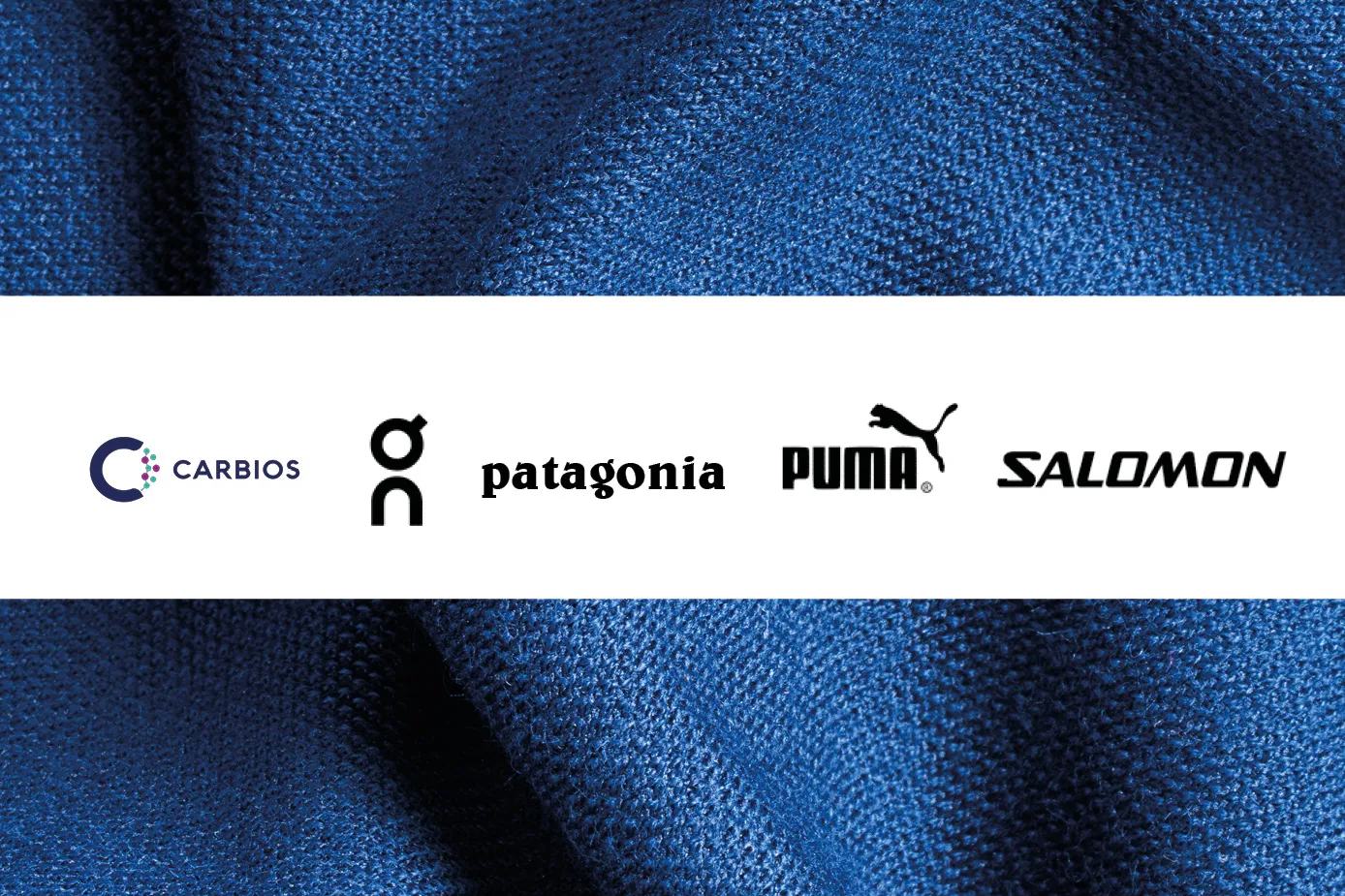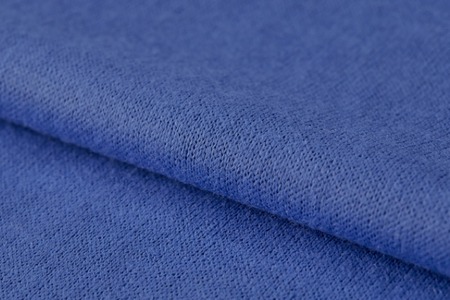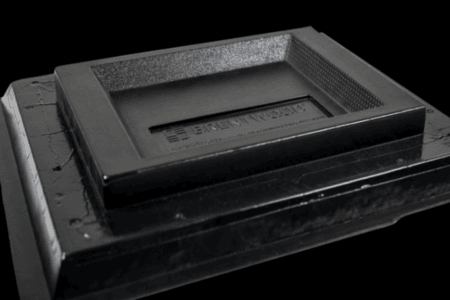
Carbios partners with four brands to advance circularity in textile industry
YarnsandFibers News Bureau 2022-07-08 05:52:59 – FranceChemical recycling specialist, Carbios, has signed an agreement with On, Patagonia, PUMA, and Salomon, to develop solutions that will improve the recyclability and circularity of their goods.
The two-year agreement will be to speed up the introduction of Carbios' unique biorecycling technology, which represents a milestone for the textile sector. Carbios and the four firms will also investigate how goods may be recycled, create ways to take back used polyester items, such as sorting and dismantling technologies, and collect data on fiber-to-fiber recycling and circularity models.
The challenge the four brands face is that conventional recycling systems, which primarily target bottle-to-fiber recycling, can only partially meet their ambitious sustainable development targets. More circularity in packaging and textiles will be required by future legislation. However, the common assumption is that PET bottles will soon be in short supply due to their employment in circular manufacturing processes in the Food & Beverage Industry.
Carbios' revolutionary technology represents a true technological advance in the recycling of polyester (PET) fibers, which are widely utilized in garments, footwear, and sporting, either alone or in combination with other fibers. With 52 MT produced, PET polyester is the most significant fiber for the textile industry, even exceeding cotton at 23MT1.
The biorecycling technique employs an enzyme capable of selectively extracting the polyester and recovering it in order to recreate a virgin fiber. This breakthrough approach recovers the PET polyester found in all textile waste that cannot be recovered using traditional technologies.
PET plastics and fibers are utilized in the production of daily consumer items including bottles, packaging, and textiles. Today, most PET is made from fossil fuels and then consumed and wasted in a wasteful linear process. Carbios' biorecycling technology creates a circular economy from wasted plastics and fibers, providing a more sustainable and more responsible solution.
Emmanuel Ladent, Chief Executive Officer of Carbios, said that this Consortium approach has shown to be highly efficient based on the success of the milestones already accomplished in packaging. They are thrilled to be working with such prestigious brands as On, Patagonia, PUMA, and Salomon. Their shared goal is to reduce the environmental effect of the textile industry by providing an industrial solution to recycle polyester fibers and assist their partners to meet their sustainable development goals.
Adrianne Gilbride, Senior Sustainability Manager at On, said that On is dedicated to becoming fully circular before the end of the decade. Their collaboration with Carbios and the other consortium members is a critical step toward allowing the industry to scale game-changing circular technology. Fiber-to-fiber recycling is a critical component in closing the loop in the textile and footwear industries.
Natalie Banakis, Materials Innovation Engineer Patagonia, added that at Patagonia, they are actively leveraging their company to "rescue the Home planet,". They are thrilled to collaborate with Carbios and the textile consortium to decrease waste generated by textiles. Patagonia is delighted to be collaborating in a new approach to tackle the textile waste problem, which is larger than one brand or solution.
Howard Williams, Director Global Innovation Apparel and Accessories at PUMA, said that as part of their Forever Better sustainability plan, they intend to employ 75% recycled polyester in our Apparel and Accessories by 2025. The collaboration with Carbios and their novel biorecycling processes offers a potential way to achieve their aims and make their industry more circular.
Olivier Mouzin, Footwear Sustainability Manager at Salomon, concluded that at Salomon, they provide modern sports solutions for all outdoor athletes, from the elite to the hobbyists. As a result, it is a logical option for them to join this consortium of apparel and footwear firms, as well as Carbios, to build a new organization for developing textile recycling that will help create a sustainable future for the textile industry. Their purpose in joining the consortium is to raise awareness about textile end-of-life issues, with the goal of developing real circularity in the textile sector. The consortium's firms want to do this by figuring out how to recycle fibers from one product into another. They are better equipped to achieve this aim by collaborating with Carbios, a green chemistry leader that offers a bio-recycling technology that recycles garment and footwear materials into thread for new goods.
Market Intelligence
Ask for free sample Report

experience
Customer Base
dedicated team
Countries Served Worldwide









